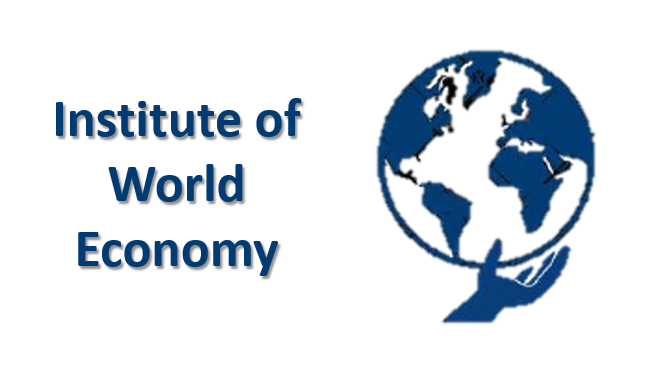Responding to a question raised by the influential Hungarian news portal hvg.hu, István Benczes, director of the IWE said that the integration since Jean Monnet had been based on the assumption that small, open economies had to work together and act collectively in order to solve arising crises. Therefore, the deeper integration, the common policies and the establishing new institutions had become the objective of European governments and citizens.
Benczes continued that such events as the 2008 bank crisis, the sovereign debt crisis, the migration crisis and the Russian-Ukrainian conflict rewrote the above formula. While before shared values and interests were emphasized, today the question of “Who pays the costs of adaptation?” has become determining. This further led to escalating member state conflicts with oppositions such as North vs. South, Debtor vs. Creditor, Core vs. Periphery.
According to the director, these redistribution conflicts gave renewed importance to deal-making among the member states and pushed the EU institutions including the Commission into the background. Contrary to popular belief, not the European elites, but the member states’ politicians are the ones who try to reflect the needs of the masses and determine the crisis management and the direction and the way of integration.
The (re)strengthening of nation-states, Benczes added, was accompanied by the rise of populism and extreme critique of the EU and globalisation, all of which tried to blame external forces for deteriorating conditions at home. Visionary European politics had gradually been replaced by opportunistic and short-term vote-maximization.
Source: HVG
